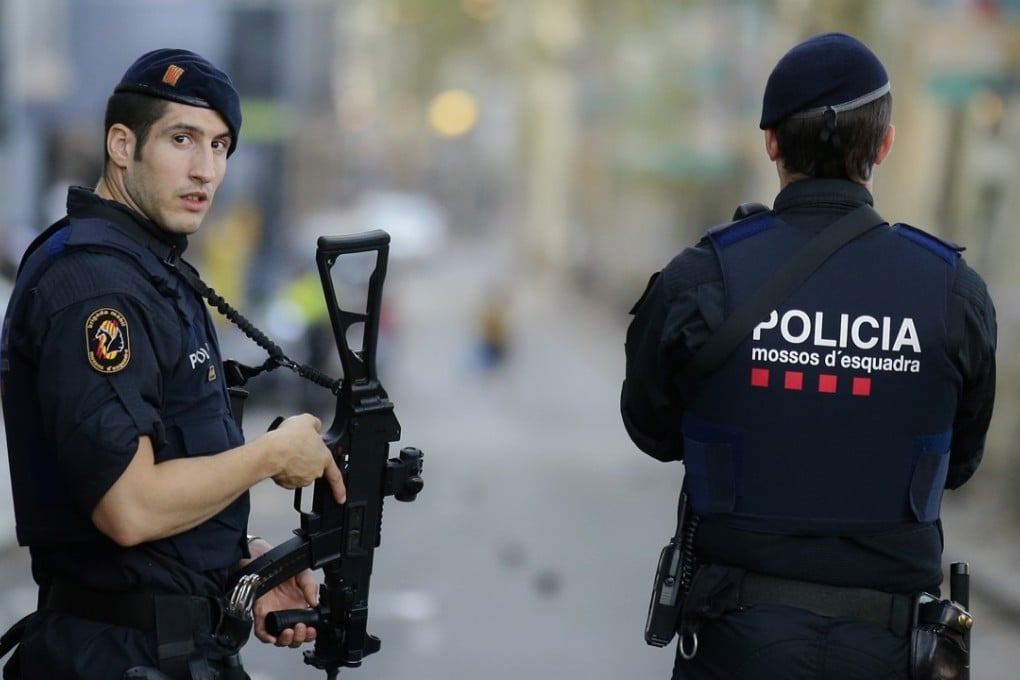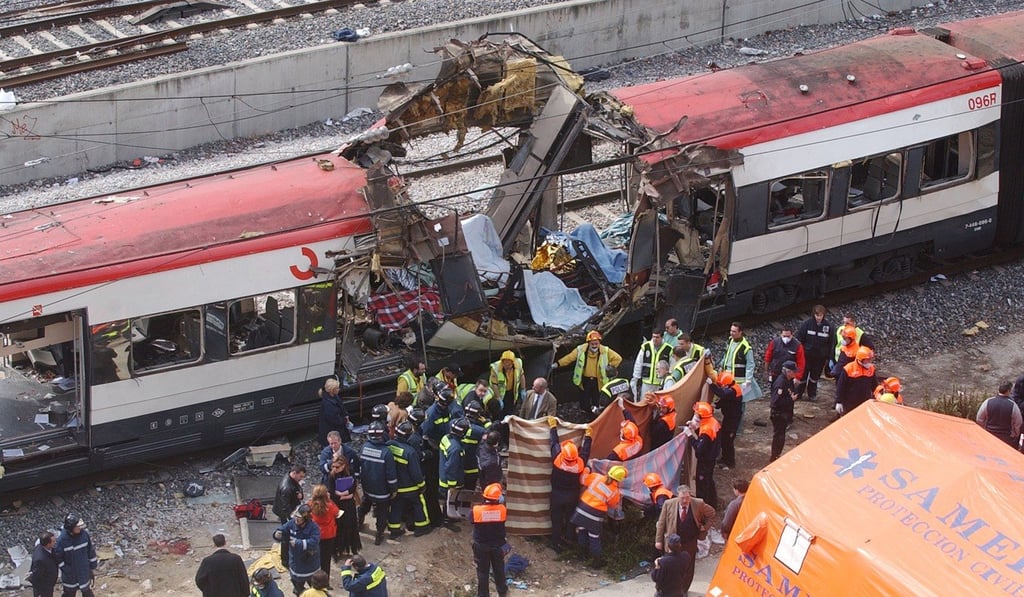Analysis | Barcelona bloodshed proves that Catalonia is Spain’s fertile ground for terror attacks, analysts say
Experts are particularly worried about the concentration of jihadists in Catalonia, home to the biggest community of Muslims in Spain

Despite its long experience in fighting terrorism, Spain failed this past week to prevent two deadly attacks in Catalonia – a key tourist magnet but also the Spanish region most vulnerable to such assaults, analysts say.
In attacks claimed by Islamic State, suspected jihadists killed 14 people and left 120 wounded, using vehicles to mow down pedestrians in Barcelona on Thursday and in the nearby seaside resort of Cambrils early on Friday.
Spain has five decades of experience of fighting against the Basque separatist group ETA, which killed over 800 people until it declared a ceasefire in 2011.
But it was jolted to another dimension of terrorism in 2004 when it suffered Europe’s deadliest Islamist attack to date.

During the morning rush hour of March 11 of that year, bombs packed with nails exploded on four commuter trains heading into Madrid, killing 191 people and injuring nearly 2,000.
In the aftermath of the carnage, Madrid overhauled its security forces.
